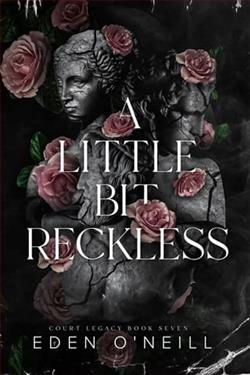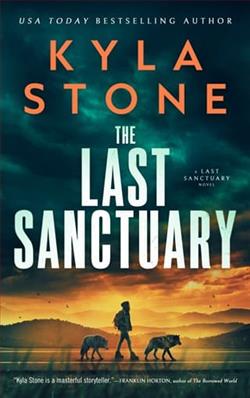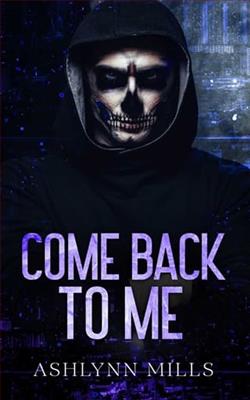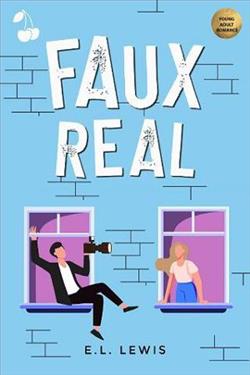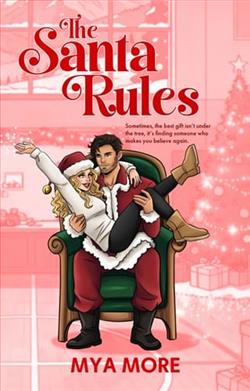Page 23 of Heart Checked By the Hockey Heartthrob
“Everything okay?” he asks, tone cautious.
I nod too quickly. “Yeah. Fine. Just tired.”
He doesn’t buy it, but he lets it go.
I turn to grab a bandage from the shelf behind me, and when I turn back around, Wes is right there, closer than I expected. We nearly collide. I catch myself on the table, blinking up at him. For a second, neither of us moves.
My heart stutters like it’s chasing something it shouldn’t.
He steps back, just enough to break the tension.
“Hey,” he says, rubbing the back of his neck like he always does when he’s unsure. “Would you want to talk after camp? Just for a bit.”
I hesitate.
“Not a big deal,” he adds quickly. “Just… as friends.”
Friends.
Right. The most dangerous label in the history of labels.
But his voice is careful. Hopeful. Not pushing, just asking.
I meet his eyes. And I know—there’s no such thing as ‘just friends’ when it comes to him.
But still, I nod.
“Sure,” I say. “After camp.”
It’s just a conversation,I tell myself. But the way he looked at me… the way he still says my name… I know better. Nothing with Wes was ever just anything.
And I don’t think my heart can afford another second chance.
Chapter eight
Wes
I tell myself this will be easy. Just a conversation. A simple no-pressure catch-up after camp. But standing outside the medical tent waiting for Quinn to finish her notes, my nerves are doing their best impression of a slapshot drill – fast, chaotic, and impossible to track.
I’ve rehearsed this moment all day. Said the words in my head so many times that sound like someone else’s.
Hey Quinn, sorry I broke your heart, but I thought I was noble.Nope
Can we talk? You know, about how I disappeared, and you cried into your scrubs for three weeks straight?Yeah, not that either.
Maybe I should have brought an apology pie. I hear that people forgive faster when carbs are involved.
She steps out, tucking her clipboard under her arm and gives me a wary nod. “Let’s walk.”
We hear toward the quieter side of the campgrounds, the scent of pine trees stronger now that the breeze has picked up. Kids’ voices fade behind us, replaced by the sound of leaves rustling and distant traffic.
I glance at her – hair pulled back, cheeks still pink from the sun, that faint line between her brows that only appears when she’s tired or thinking too hard.
For a while we don’t say anything. It’s not exactly uncomfortable or tense. It’s just full of things unsaid.
“I owe you an explanation, “I begin. “About everything.”
She stops walking, arms crossed. “Then explain.”









